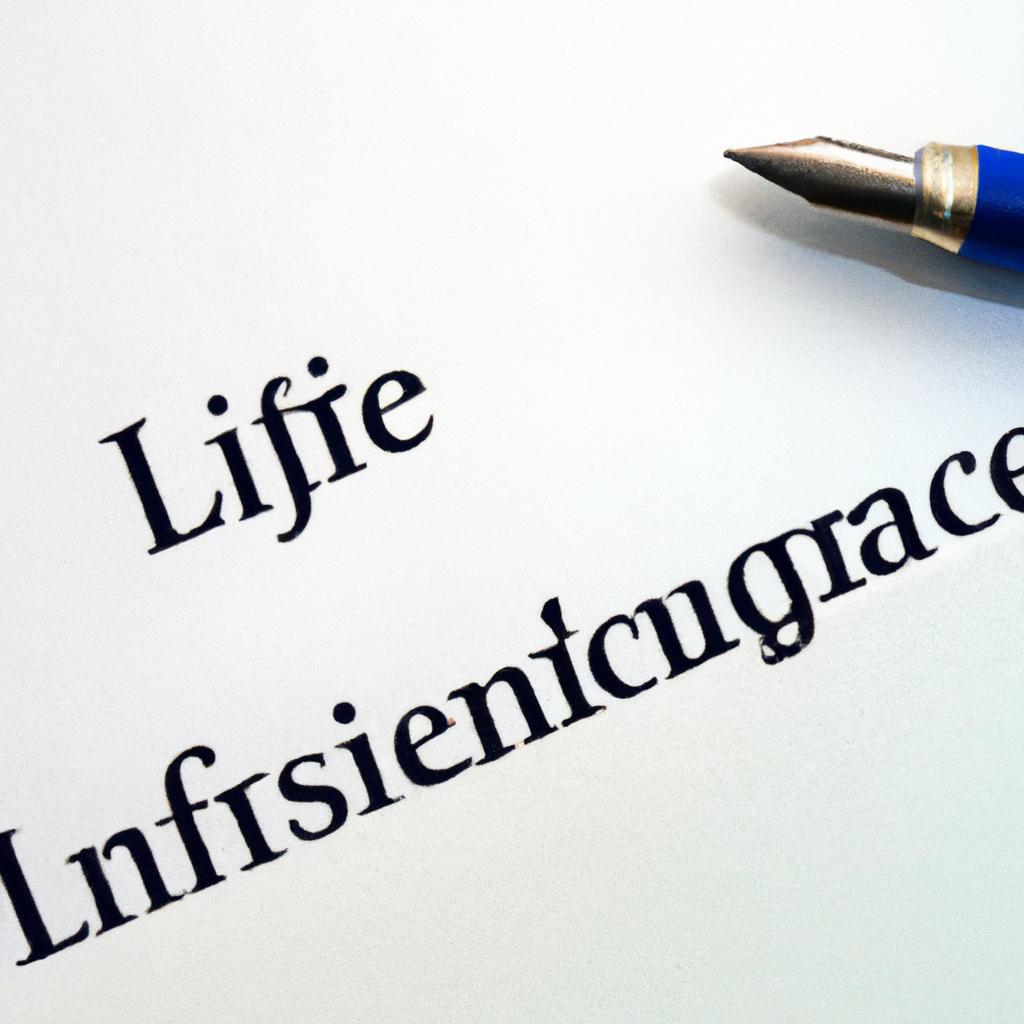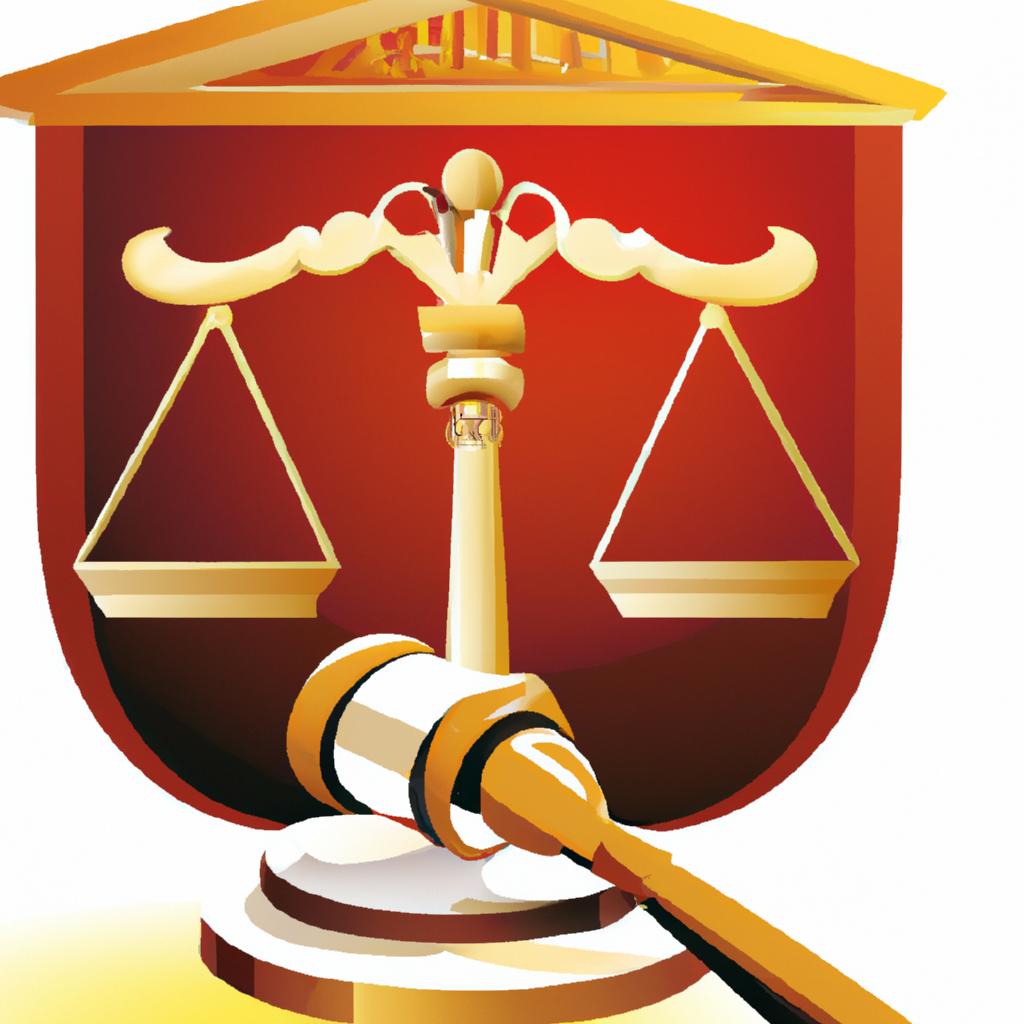When it comes to estate planning and creating a trust, it is crucial to carefully consider what assets should and should not be included. In the intricate web of legal documents and financial decisions, choosing the right assets to place in a trust can make a significant impact on the success of your overall estate plan. As experienced estate planning attorneys at Morgan Legal Group in New York City, we understand the importance of discussing which assets may not be suitable for trust inclusion and why. In this article, we will delve into the intricacies of estate planning and the assets that may be better off outside of a trust.
Assets that are not eligible for inclusion in a trust under New York State law
In New York State, there are certain assets that are not eligible for inclusion in a trust according to the law. It is important to be aware of these exclusions when creating a trust to ensure that your assets are properly protected and distributed according to your wishes.
include:
- IRA accounts: Individual Retirement Accounts cannot be placed in a trust.
- 401(k) plans: 401(k) retirement savings plans are also not eligible for trust inclusion.
- Life insurance policies: Life insurance policies payable to a specific beneficiary cannot be transferred to a trust.

Understanding the limitations of including retirement accounts in a trust
Retirement accounts can be a significant part of one’s overall wealth and financial planning. While trusts can be a valuable tool for estate planning, it is essential to understand the limitations of including retirement accounts in a trust. There are specific considerations to keep in mind when deciding whether to include retirement accounts in a trust:
- Tax implications: Placing retirement accounts in a trust can have tax consequences, including potential income tax liabilities for beneficiaries.
- Penalties: Certain retirement accounts, such as IRAs, have specific rules and penalties for distributions if they are held in a trust, potentially impacting the beneficiaries’ access to the funds.
- Protection: While assets in a trust are generally protected from creditors, retirement accounts enjoy certain protections under federal law that may not apply if they are held in a trust.

The importance of keeping life insurance policies out of a trust
It is crucial to carefully consider which assets should be placed in a trust to ensure that your estate planning goals are achieved effectively. While trusts offer many benefits, such as avoiding probate and providing privacy, there are certain assets that are better kept out of a trust. One such asset is a life insurance policy. Here’s why:
**Reasons to keep life insurance policies out of a trust:**
- Life insurance proceeds are typically paid out directly to beneficiaries, bypassing the probate process.
- Placing a life insurance policy in a trust can potentially trigger unintended tax consequences or complicate the distribution of funds to beneficiaries.

Specific recommendations for managing real estate assets outside of a trust
When managing real estate assets outside of a trust, there are several key considerations to keep in mind. Firstly, it is important to ensure that all property titles are properly transferred and updated to reflect the current ownership status. This includes deeds, mortgages, and any other relevant legal documents. Additionally, regular property inspections and maintenance should be conducted to protect the value of the asset and mitigate any potential risks or liabilities.
Furthermore, it is advisable to maintain detailed records of all property-related transactions and expenses, including receipts, invoices, and contracts. This not only ensures compliance with legal and financial regulations but also facilitates the efficient management of the real estate portfolio. Additionally, engaging the services of experienced legal and financial professionals can provide valuable insights and guidance on how to optimize asset performance and maximize returns over the long term.
Q&A
Q: What assets should not be in a trust?
A: While trusts can be a valuable estate planning tool, not all assets should be placed within them. Here are some assets that are typically not recommended to be in a trust:
Q: Is it a good idea to put life insurance policies into a trust?
A: Life insurance policies are generally not recommended to be placed in a trust as they already have built-in beneficiary designations. However, in certain circumstances, it may be beneficial to do so.
Q: What about retirement accounts like 401(k)s and IRAs?
A: Retirement accounts should usually not be placed within a trust, as doing so can have negative tax implications. It is generally recommended to designate beneficiaries directly on these accounts.
Q: Are personal-use assets like cars and jewelry suitable for a trust?
A: Personal-use assets like cars and jewelry may not be well-suited for a trust, as they are typically not subject to probate and may have practical considerations for their distribution outside of a trust.
Q: What about assets that have significant value or appreciate over time?
A: Assets that have significant value or appreciate over time, such as real estate or stocks, are typically well-suited for a trust to facilitate their management and distribution.
Q: Can business interests be placed in a trust?
A: Business interests can be placed in a trust depending on the specific circumstances and goals of the trust. It is important to consider the implications for the business and seek professional advice.
In Conclusion
In conclusion, while trusts can be valuable tools for estate planning, it’s important to carefully consider which assets should not be placed in a trust. Assets such as retirement accounts, certain types of insurance policies, and assets with creditor protection already in place may be better suited outside of a trust. By understanding the limitations of trusts and seeking advice from a qualified estate planning attorney, you can ensure that your assets are distributed in accordance with your wishes in the most effective manner. Remember, proper estate planning is the key to securing your legacy for future generations.
 Assets are an essential part of our lives. They can range from physical properties like a house or a car to intangible assets like stocks and bonds. As we accumulate assets over the years, the question arises of how to protect and manage them effectively. A popular option for asset protection is placing them in a trust. A trust is a legal agreement where an individual (the trustor) transfers assets to a trustee who holds and manages them for the benefit of another person (the beneficiary). Trusts have numerous benefits, such as avoiding probate, reducing tax liability, and maintaining privacy. However, not all assets should be placed in a trust. In this article, we will discuss what assets should not be in a trust and why.
Assets are an essential part of our lives. They can range from physical properties like a house or a car to intangible assets like stocks and bonds. As we accumulate assets over the years, the question arises of how to protect and manage them effectively. A popular option for asset protection is placing them in a trust. A trust is a legal agreement where an individual (the trustor) transfers assets to a trustee who holds and manages them for the benefit of another person (the beneficiary). Trusts have numerous benefits, such as avoiding probate, reducing tax liability, and maintaining privacy. However, not all assets should be placed in a trust. In this article, we will discuss what assets should not be in a trust and why.
1. Retirement Accounts
Retirement accounts, such as 401(k)s and individual retirement accounts (IRAs), should not be placed in a trust. These accounts already have built-in beneficiary designations, which means they will pass directly to the designated beneficiaries upon the account holder’s death. If these accounts are placed in a trust, it could result in expensive tax consequences. The trust would become the owner of the retirement account, and the distributions would be subject to income tax. Additionally, the entire account balance may need to be distributed within five years, leading to higher tax liability for the beneficiaries.
2. Life Insurance Policies
Similar to retirement accounts, life insurance policies have designated beneficiaries who will receive the proceeds upon the policyholder’s death. Placing these policies in a trust can also result in tax implications and delays in receiving the benefits. Additionally, the trust would need to have a provision for paying the insurance premiums, which could become challenging if the trust’s assets are not sufficient.
3. Motor Vehicles
Motor vehicles, including cars, boats, and recreational vehicles, do not need to be placed in a trust. The title of these assets can be transferred directly to the designated beneficiary through a transfer-on-death (TOD) designation. This method is much simpler and more cost-effective than placing the vehicle in a trust. Furthermore, if the vehicle is used for personal use, placing it in a trust could make it ineligible for certain tax deductions.
4. Tangible Personal Property
Tangible personal property, such as furniture, artwork, and jewelry, should also not be placed in a trust. Unlike other types of assets, tangible personal property does not go through probate. Instead, these assets are typically distributed to the designated beneficiaries through a personal property memorandum, a document that lists specific items and who should receive them. Placing these assets in a trust could add an unnecessary layer of complexity and expense.
5. Checking and Savings Accounts
Checking and savings accounts are usually not placed in a trust because they either have payable-on-death (POD) or transfer-on-death (TOD) designations. These designations allow the account holder to name beneficiaries who will receive the funds upon their death. Placing these accounts in a trust could complicate matters, as the designated beneficiaries would no longer have direct access to the funds, and the trust would become the owner of the account.
6. Direct Ownership of Real Estate
Real estate can be placed in a trust, but it is not always necessary. In some states, real estate can be transferred upon death through a beneficiary deed, which allows the property to pass directly to the designated beneficiary without going through probate. Placing real estate in a trust could also result in potential tax issues, as the trust would be responsible for paying property taxes and other expenses.
7. Inherited Assets
Assets that have been inherited should not be placed in a trust. When assets are inherited, they receive a step-up in cost basis, which means they are revalued to their current market value. If these assets are placed in a trust, they would lose their step-up in cost basis, and capital gains taxes would be applied when they are sold.
In addition to the above, there are several other assets that should not be placed in a trust, such as:
– Partnership interests
– Business assets
– Limited liability company (LLC) interests
– Intellectual property
– Foreign assets
Incorporating the right assets into a trust is crucial, as it can provide valuable protection and benefits. However, placing the wrong assets in a trust can result in unnecessary complications and potential tax implications. It is essential to consult with a financial advisor or an estate planning attorney to determine which assets should be placed in a trust and which ones should not.
In conclusion, a trust can be a valuable tool for protecting and managing assets. However, not all assets are suitable for placement in a trust. Retirement accounts, life insurance policies, motor vehicles, tangible personal property, checking and savings accounts, direct ownership of real estate, and inherited assets should not be placed in a trust. It is vital to carefully consider the type of assets before incorporating them into a trust to avoid unintended consequences. We hope this article has provided valuable information and insight into what assets should not be in a trust.












